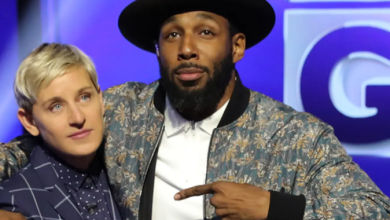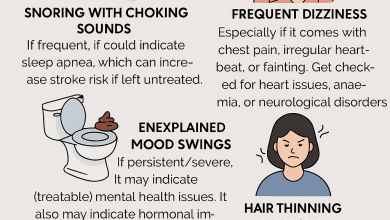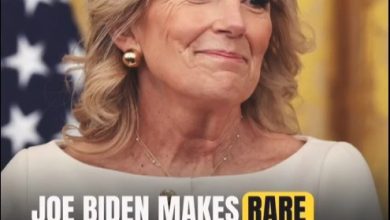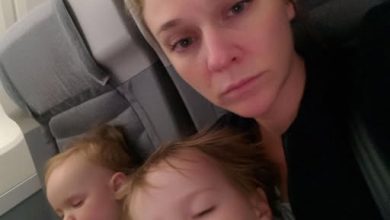Millionaire Comes Home and Finds His Pregnant Wife Crying, What He Discovered Shocked Him
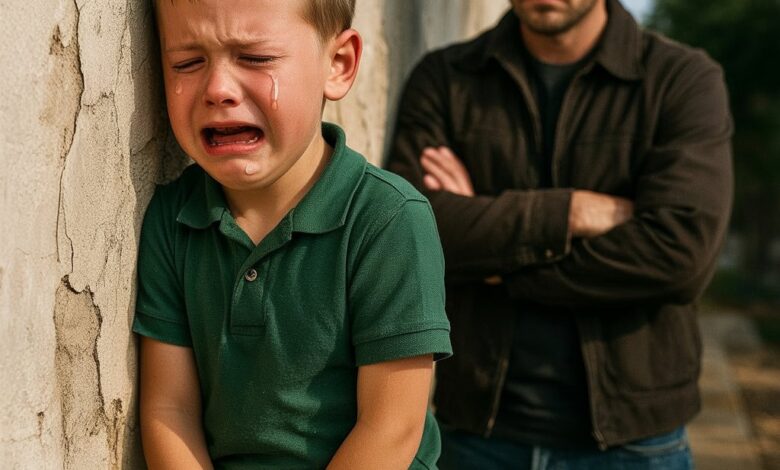
Behind the iron gates of a sprawling estate, where marble floors gleamed and chandeliers sparkled, David Whitman believed he had crafted the perfect life. A self-made millionaire, he thought wealth and success could shield his family from the storms of grief. But even in palaces, sorrow finds a way inside.
My name is Rajesh. Years ago, I learned a painful truth—no amount of money can protect you from the weight of your own choices.
I was thirty-six when my wife, Meera, died suddenly of a stroke. She left me with a twelve-year-old boy named Arjun. But Arjun, I believed, was not mine. He was a child from her past, a reminder of a life before me.
The day she passed, I looked at him—eyes red, shoulders trembling—and instead of reaching out, I let anger harden me. I tossed his worn schoolbag to the floor and said, cold as stone, “Get out.”
He didn’t cry. He didn’t plead. He picked up the bag and left in silence.
I told myself it was better this way. I sold our home, rebuilt my life, buried my guilt under work. Business flourished, I found another woman without children, without complications. Sometimes I wondered about Arjun—was he safe, was he alive? But wondering is not the same as love. Eventually, I stopped asking.
Ten years slipped by.
Then one morning, my phone rang. A voice said, “Mr. Rajesh, please attend the grand opening of the TPA Gallery this Saturday. Someone important awaits you.”
I was about to hang up when the caller added: “Don’t you want to know what happened to Arjun?”
The name hit me like a blow. I hadn’t heard it in a decade. My throat closed, my chest heavy. Against all instinct, I said, “I’ll come.”
The gallery buzzed with voices, filled with striking, haunted paintings. On each placard, the artist’s name: TPA. The initials twisted my stomach.
Then a voice behind me.
“Hello, Mr. Rajesh.”
I turned. A tall, lean young man stood there. Composed. Distant. His eyes were unreadable.
It was Arjun.
The fragile boy was gone. In his place was an acclaimed artist, his pain poured into canvas.
“I wanted you to see,” he said quietly, “what my mother left behind. And what you left behind.”
He led me to a canvas veiled with red cloth.
“This one is called Mother,” he said. “I’ve never revealed it before. But you need to see it.”
He pulled the cloth away.
Meera. Pale, frail, lying in a hospital bed, clutching a photo of the three of us from our only family trip. My knees nearly gave way. Shame burned in my chest.
Arjun’s voice cut through me. “She wrote in her diary that you never loved me. But she still believed one day you’d change. Because, Rajesh… I wasn’t another man’s child. I was yours.”
The room spun.
“What?” I choked.
“She was already pregnant when you met her,” he explained. “She told you otherwise, to see if your love was true. Later, she couldn’t admit the truth. I found it in her diary, hidden in the attic.”
My breath stopped. I had abandoned my own son.
He looked me in the eye. “I am your son.”
The words shattered me.
I stumbled forward. “Arjun, please. If I had known—”
He shook his head. “I didn’t invite you for apologies. I don’t need them. I only wanted you to know the truth: she loved you. You chose to walk away.”
I stood speechless.
“I don’t hate you,” he said at last. “Maybe without your absence, I wouldn’t have become who I am. But I don’t need a father now. I survived without one.”
He handed me an envelope. Inside was Meera’s diary. In her fragile handwriting:
If you ever read this, please forgive me. I was afraid. Afraid you’d only love me for the child. But Arjun is your son.
I sank to the floor, tears falling, pages trembling in my hands. I had failed as a husband. I had failed as a father.
Still, I tried.
In the weeks that followed, I visited his gallery, sent messages, tried to reach him. At first, he ignored me. Then one day, he agreed to meet at a café.
“You don’t need to atone,” Arjun said calmly. “I don’t blame you. But I don’t need a father now. The one I had chose not to need me.”
I swallowed hard and nodded. He was right.
I closed my accounts, ended my business ties, and placed everything I owned in a fund under his name. When I handed him the papers, I said, “I can’t undo the past. But I can stand near, quietly. No titles, no claims. Just to know you’re okay.”
He studied me for a long time. Then said, “I’ll accept. Not for the money, but because my mother believed you could still change.”
That day, something stirred in me. Not forgiveness. Not redemption. But the chance to live differently.
Now I walk through empty marble halls. Wealth surrounds me, but it means nothing. Arjun’s art fills galleries around the world. When I visit quietly, I see Meera’s face in his brushstrokes, his strength, and the family I once cast aside.
The world sees me as a rich man with everything. The truth is simpler. I am a father who once lost his son, and found him again—not to claim him, but to finally understand love.
And though he may never call me “father,” I will spend the rest of my life proving he was never unwanted.
He was always mine.

